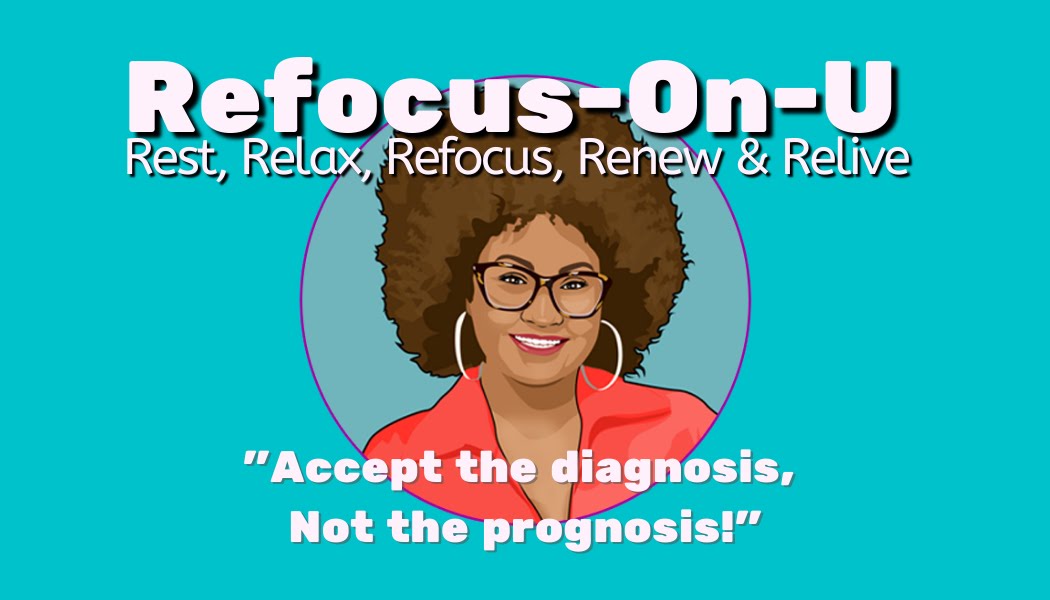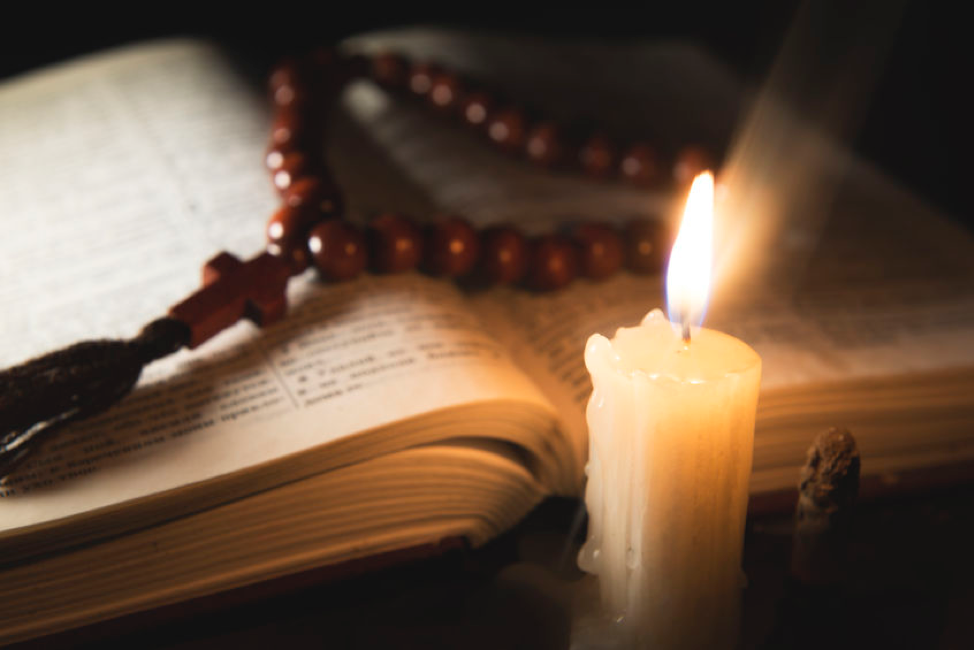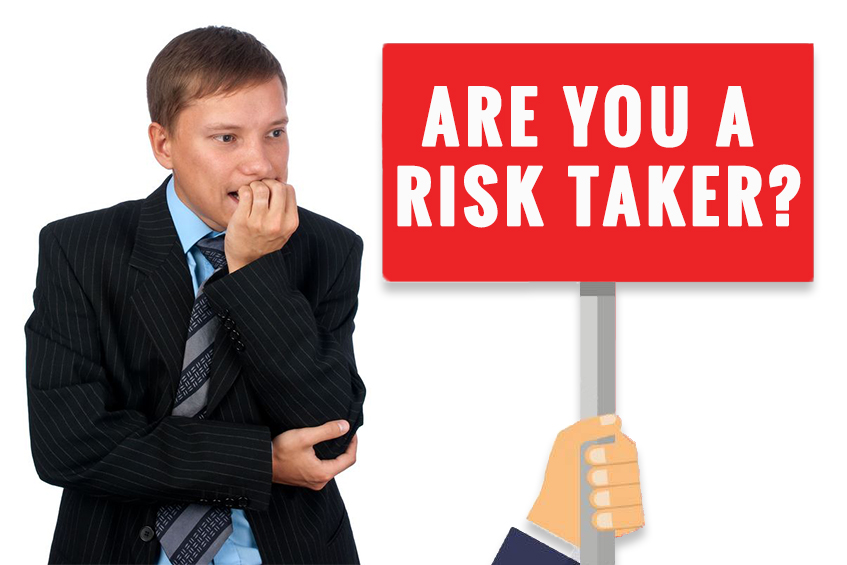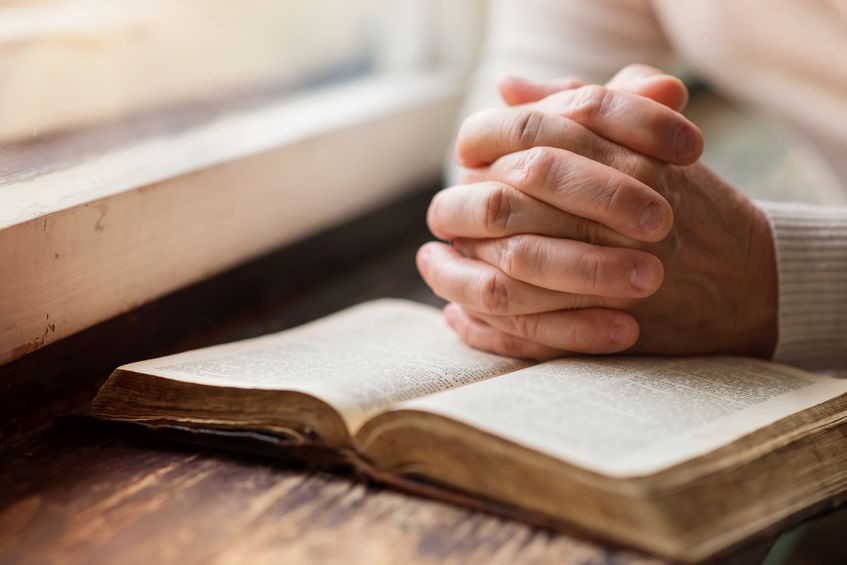One of the most controversial concepts in our polarized society is forgiveness. Forgiveness can be defined as love in action. In 1 John 1 verse 9, it states, “If we confess our sins, He is faithful and just and will forgive us our sins and purify us from all unrighteousness.” Many people believe that forgiveness is giving someone unlimited permission to hurt, abuse or use you. In fact, forgiveness means letting go of the negative emotions associated with the injury so that when you revisit the offense, the anger, bitterness, and desire for revenge are no longer present. Forgiveness allows you to move away from the fear of being a victim to the freedom of being an overcomer, a survivor, a victor.
A tremendous book I am still reading, called Finding The Gift In Depression by Changing Your Perspective, by Cornelle du Plessis, explains that not forgiving is like cancer in your soul. It is deadly, and it SPREADS to every part of your life:
It destroys your personality (mental/emotional) and spirituality, and it causes physical illness.
It destroys your relationships.
It breaks down your confidence.
It saps your creativity.
It causes you to build walls around yourself, and you become isolated.
It is an investment in the past that wastes the energy you should be using to engage fully in where you are right now.
How can you be a soldier for God or help in your church or community when you have no energy because you’re spending it all on past wrongs and pains?
Cornelle du Plessis continues to say that when you don’t forgive, you stay stuck with the effect of someone else’s behavior. You become their victim in all perpetuity. In fact, you take over the role of the perpetrator by inflicting the pain over and over again. This is true every time you think about what happened, often long after they’ve forgotten the event!
We often feel like we are on top: powerful, big and bad, stating, “better not mess with me or else…” But what price do we really pay? Real power comes from letting go, being humble and surrendering. People think that forgiveness exonerates the behavior and allows the other person to get away with anything. No, it is a special gift that we receive and an investment in ourselves on all levels—mentally, emotionally, physically and spiritually. It prepares us for healing.
Colossians 3 verse 13 says, “Bear with each other and forgive one another if any of you has a grievance against someone. Forgive as the Lord forgave you.” Yes, it’s difficult to let go of the past, but not doing so is troublesome.
Studies have shown that people who harbor anger and resentments are generally more neurotic and less optimistic. This exposes an individual to feelings of depression, anxiety, and helplessness. Letting go of these feelings contributes to a healthier and happier person. Thus, the benefits of forgiveness are not for the offender but for the injured.
We have to exercise faith. If we choose God, he will help us. A while back, I read a wise quote: “FAITH IT TILL WE FEEL IT.” Forgiveness is faith in action. By forgiving others who mess up, we free ourselves to be forgiven when we do the same.
“When you hold resentment toward another, you are bound to that person or condition by an emotional link that is stronger than steel. Forgiveness is the only way to dissolve that link and get free” — Catherine Ponder.
“Always forgive your enemies- nothing annoys them so much” — Oscar Wilde.
“To forgive is to set a prisoner free and discover that the prisoner was you” — Lewis B. Smedes.
“Resentment is like drinking poison and then hoping it will kill your enemies” — Nelson Mandela.




